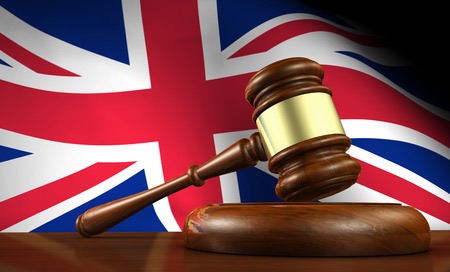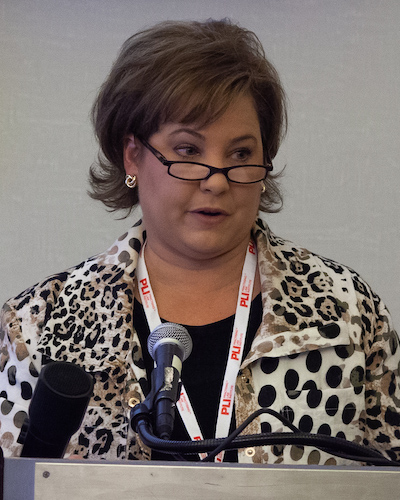Trick and Treat: File Fraudulent Declaration and Retain Trademark Registration | Irwin IP LLP
Great Concepts, LLC v. Chutter, Inc., No. 22-1212 (Fed. Cir. Oct. 18, 2023)
Challenging years of perceived overreach, the Court of Appeals for the Federal Circuit (CAFC) recently questioned whether the Trademark Office had been operating beyond its sanctioned powers for years. After a trademark has been registered for five years, the owner can file a Declaration of Incontestability, providing robust protection for the mark. The CAFC concluded on October 18 that the Trademark Trial and Appeal Board (TTAB) does not have the authority to cancel a registration based on a fraudulent Declaration of Incontestability.
The dispute traces back to 2010 when Great Concepts filed a Declaration of Incontestability falsely stating that there were no pending proceedings despite an ongoing appeal regarding a 2006 petition for cancellation. However, Chutter, the opposing party, filed a new petition to cancel Great Concepts’ trademark in 2015, alleging that the 2010 declaration contained fraudulent statements. Consequently, the TTAB canceled the trademark registration under Section 14 of the Lanham Act.
The pivotal question before the CAFC was whether Section 14 of the Lanham Act permits the TTAB to cancel a registration due to a fraudulent Section 15 declaration. The TTAB has long believed it has this power; however, the CAFC disagreed. The CAFC interpreted Section 14 to allow a third party to seek cancellation of a trademark registration if the registration was obtained fraudulently but does not permit cancellation if the incontestability status was obtained fraudulently. The CAFC explained that Section 14 lists numerous bases for a third party to seek cancellation of a registered mark; fraud committed concerning a Declaration of Incontestability is notably excluded. In its reasoning, the CAFC employed traditional statutory interpretation and noted that where Congress set out a list, the omission of something from that list, like the alleged fraud here, is intentional.
Lastly, Chutter and the dissent argued that this precedent encourages fraud. According to the dissent, the majority opinion “instructs the agency, and the general public, that there exists a milepost in the trademark administrative continuum, a green-light, beyond which inequitable conduct is encouraged by the promise of great gain with little to no meaningful risk to the registrant.” The majority responded that the loss of incontestable status does not amount to nothing, as the mark owner will have more difficulty preserving a mark’s validity if it no longer has incontestable status. The majority also noted that TTAB has other remedies for fraud, especially in cases involving Section 15 declarations, including sanctioning attorneys, revoking filing privileges, and even criminal prosecution, given that these declarations are filed under penalty of perjury.
By distinguishing between fraud in obtaining a trademark and fraud in declaring its incontestability, the CAFC has clarified the limits of the TTAB’s powers, highlighting that certain fraudulent acts do not automatically allow for the cancellation of trademark registration. While it could be seen as potentially encouraging fraud, the majority balanced its decision by emphasizing the existing tools available to the TTAB to combat fraud, including sanctions and legal repercussions for attorneys.






